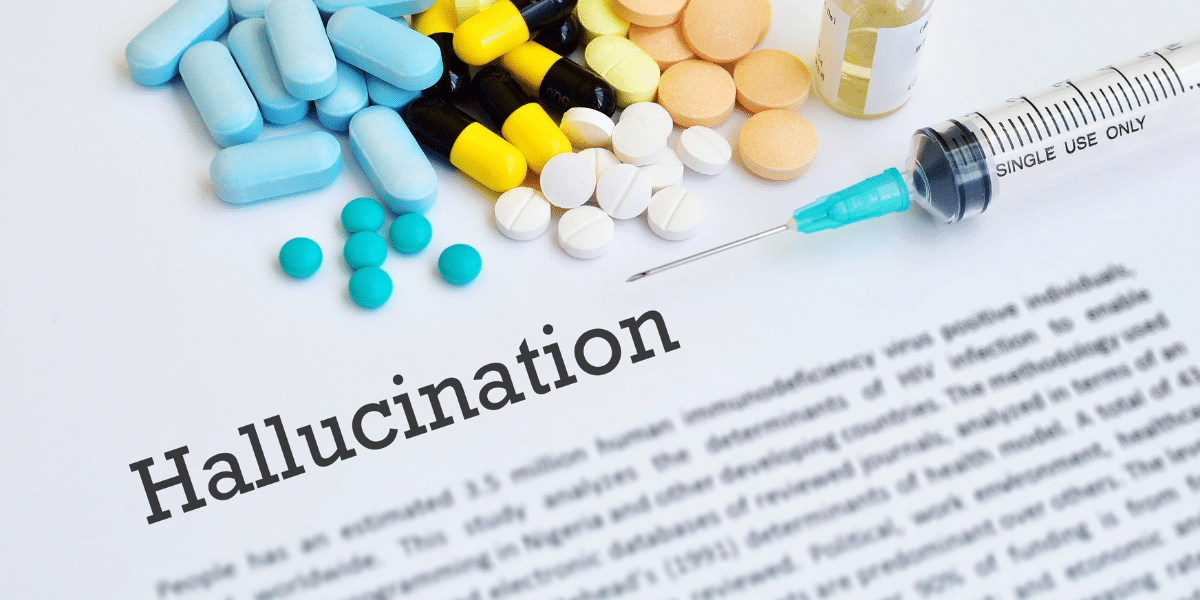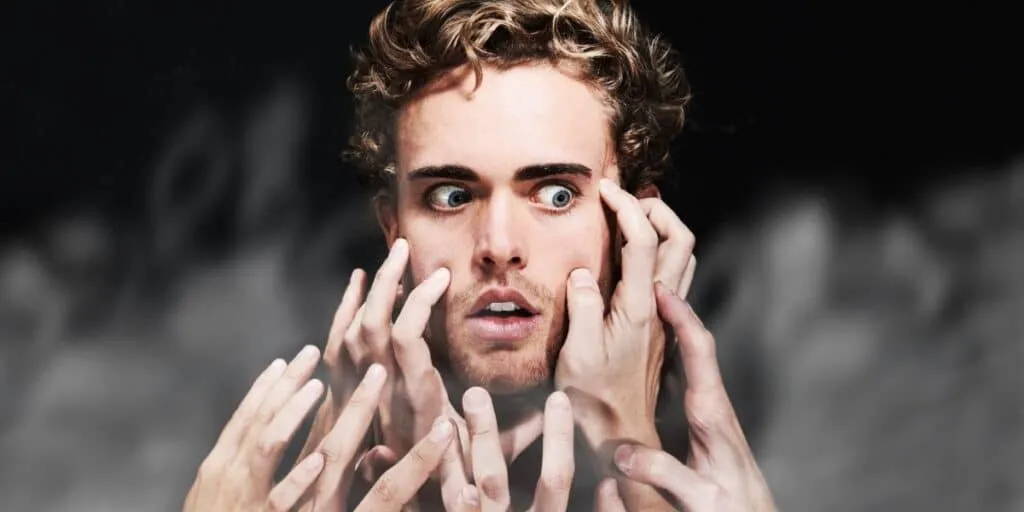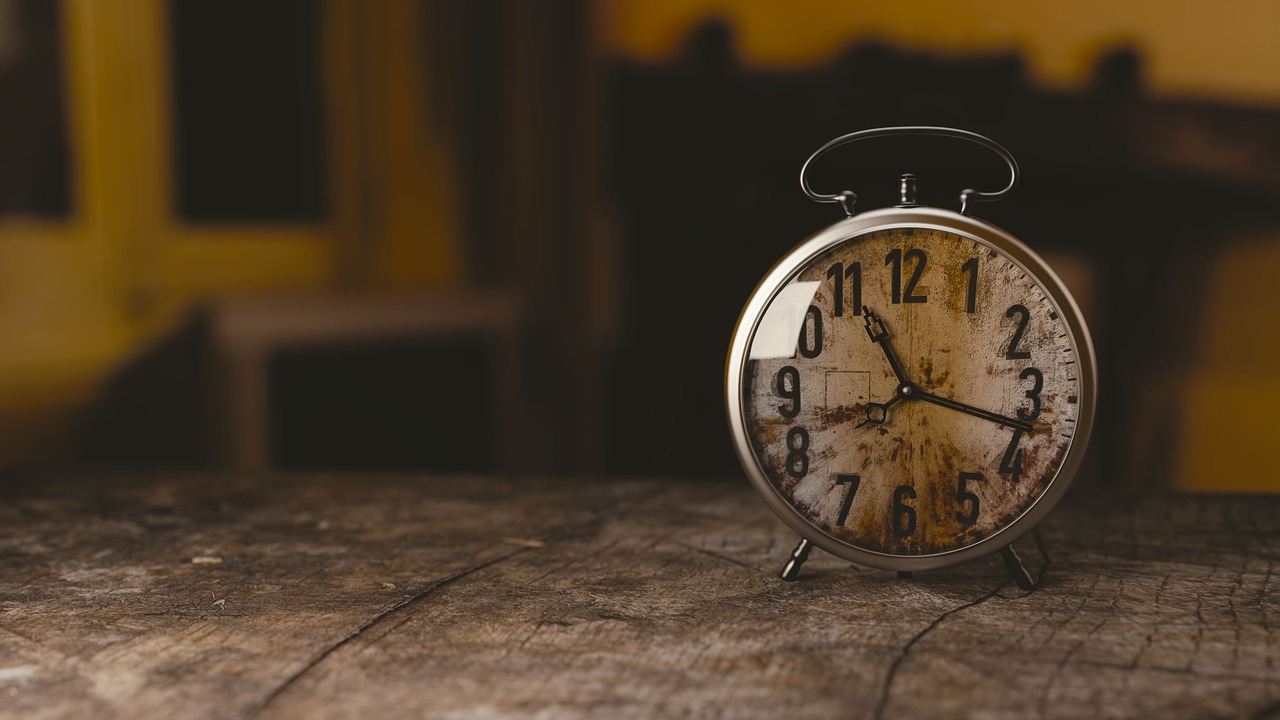Understanding: Hypnagogic Hallucinations- Examples, Causes, and Treatment

Hallucination is a term, which is used very commonly these days. But what does it really mean to hallucinate?
Hallucination means to see something while you are in your senses, which is not there. The scientific definition will be a perception of stimulus is there when it is absent. People who are suffering of hallucination can see faces or hear voices which are not even there.
Hallucinations are in many forms:
-
visual
-
auditory
-
olfactory
-
gustatory
-
tactile
-
proprioceptive
-
equilibrioceptive
-
nociceptive
-
thermoceptive
-
chronoceptive
Hallucinations can harm anyone of your above senses.
There are basically two kinds of hallucination.
-
Hypnagogic Hallucination
-
Hypnoponic Hallucination
Hypnaponic Hallucination:
This hallucination occurs while one is awake. People suffering from this hallucination see different faces and hear voices when they are awake.
Hypnagogic Hallucination

This hallucination occurs while a person is sleeping.
Hypnagogic hallucinations are often frightening hallucinations that occur during the boundary between waking and sleeping. These vivid hallucinations are likely to occur when a person is just about to fall asleep or just about to wake up.
The hallucinations are often vivid, strange, and most of the time frightening. Thousands of people around the world experience hypnagogic hallucinations every day, but those who experience intense and recurrent hallucinates should seek medical treatment, for hallucinations may be a sign of an underlying medical condition.
Hypnagogic hallucinations are harmless, but because they produce extremely vivid and frightening images, such as a giant spider crawling on the wall or the feeling that someone is in the room, they tend to be terrifying and for some people, even traumatizing. Here is everything you need to know about this phenomenon and what you can do about it.
What Happens During Hypnagogic Hallucinations?
During a hypnagogic hallucination, a variety of kinetic, auditory, tactile, and visual sensations may be felt by the affected, but each person experiences them differently.
For some people, a sensation as if they are falling is felt and once they hit the ground, they wake up with a jerk. Other people report hearing voices while they are drifting off to sleep or experience a rather unsettling sensation that something or someone is in the room with them. Still, other people experience very real sensory experiences such as being submerged in water.
Sometimes and for those who are unfortunate, hypnagogic hallucinations can be something extremely frightening. Hypnagogic hallucinations may cause frightening and vivid images that are the stuff of nightmares.
Some people have reported giant spiders crawling on the walls, or feeling like they have shrunken down to the size of a coin. These very vivid images may also sometimes be triggered over the course of the day when the person is awake, causing sensations or images that suddenly appear in the person’s consciousness.
-
Hypnagogic hallucinations occur during the period between waking and sleeping, usually during the onset of sleep but can also happen thirty seconds after one experiences a cataleptic attack.
-
Hypnagogic hallucinations are often considered as symptoms of narcolepsy. Therefore, a variety of factors can predispose these phenomenons. Sleep deprivation, irregular sleeping schedules, and medications may all influence the production of hallucinations on the onset of sleep or waking up.
What Causes Hypnagogic Hallucinations?
Though the causes of hypnagogic hallucinations are still unknown, sleep doctors have theorized a variety of hypnagogic hallucination causes. Here are some of the factors that influence hallucination.
[su_pullquote align=“right”]The root causes of hypnagogic hallucinations are not fully understood, but hallucinations happen more frequently with people who are suffering sleep disorders, most especially those who are suffering from narcolepsy.[/su_pullquote]
In some cases, however, hypnagogic hallucinations may also appear to people who are under the influence of prescription drugs. Even those who tend to abuse drugs report of feeling them too. Hypnagogic hallucinations are also more common with children and young people.
1. Exhaustion and Sleep Deprivation
Emotional and physical exhaustion is a well known cause of hypnagogic hallucinations. Exhaustion can do this by blurring the line between wakefulness and sleep. Your brain cannot enter a restful state mainly because it feels like it needs to keep on working.
2. Stress
Extreme or prolonged stress may also cause hypnagogic hallucinations by impeding the thought processes and triggering hallucinations. People who are frequently stressed are more at risk for developing these hallucinations as opposed to people who are relaxed.
3. Sensory Deprivation or Meditation
In some cases, when the brain is not externally stimulated in order to form perceptions, it compensates by using your memory and creating hallucinatory perceptions. This phenomenon occurs mostly to people who are deaf and blind. Reports of some people sending themselves to hallucination by meditation are common.
4. Neurochemical or Electrical Brain Activity
On the onset of an epileptic attack, people feel a hallucinatory sensation called an aura. Auras may be tactile as well with those who are affected feeling smell and touch sensations.
Hypnagogic Hallucination Treatment
If you are experiencing hypnagogic hallucinations, even if not in a frequent basis, it is highly advised that you consult your doctor so that he or she could check if you have other underlying health problems which could be the cause of your experiencing.
If there are no causes evident, the mental health professional or a psychologist might choose to analyze your subconscious in order to help you deal with your hallucinations. Having a consultation with a psychologist is also a good way to deal with the trauma derived from frightening hallucinations; giving the person a piece of mind should it happen again.
People experiencing hallucinations and are frequently disconnected from reality need to consult medical attention at once. There are a variety of conditions that arise from hallucinations so treating them as soon as possible is a must. People who experience hypnagogic hallucinations are frequently nervous, frightened, and paranoid, and in some cases, should not even be left alone.
Hypnagogic hallucinations are often treated with antidepressants, anticonvulsants, antipsychotics, ear or brain surgery, therapy for drug dependence, or psycho therapy. However, hallucinations that are often associated with normal waking and sleeping are not a great cause of concern, but should still be brought to the attention of a medical professional. Hallucinations caused by schizophrenia, for example, are to be treated by the doctor as fast as possible.
For people who experience chronic hypnagogic hallucinations, psychosocial therapy is usually advised to give these people the skills to cope with them as they are happening.
If you’re haunted by hypnagogic hallucinations on the onset of sleep or before waking up, it is highly advised that you talk to a medical professional about it. Hallucinations, especially if they are frightening, can be traumatizing. It can be very difficult to cope with fear, especially if you are not seeking professional help. A psychologist of a doctor can plot out the cause of your hallucinations and tell you the best possible treatment.

Patrick Mahinge
With over 10 years of experience in sleep health and consumer reviews, Patrick Mahinge helps you find the best mattresses, pillows, beds, and snoring aids through in-depth testing and expert analysis.
Related Articles

Dream Interpretation and Analysis: What Do Your Dreams Mean
Read more about this article...
Read the Full Feature →

How to Reset Your Body Clock Fast And Get Better Sleep Every Day
Read more about this article...
Read the Full Feature →